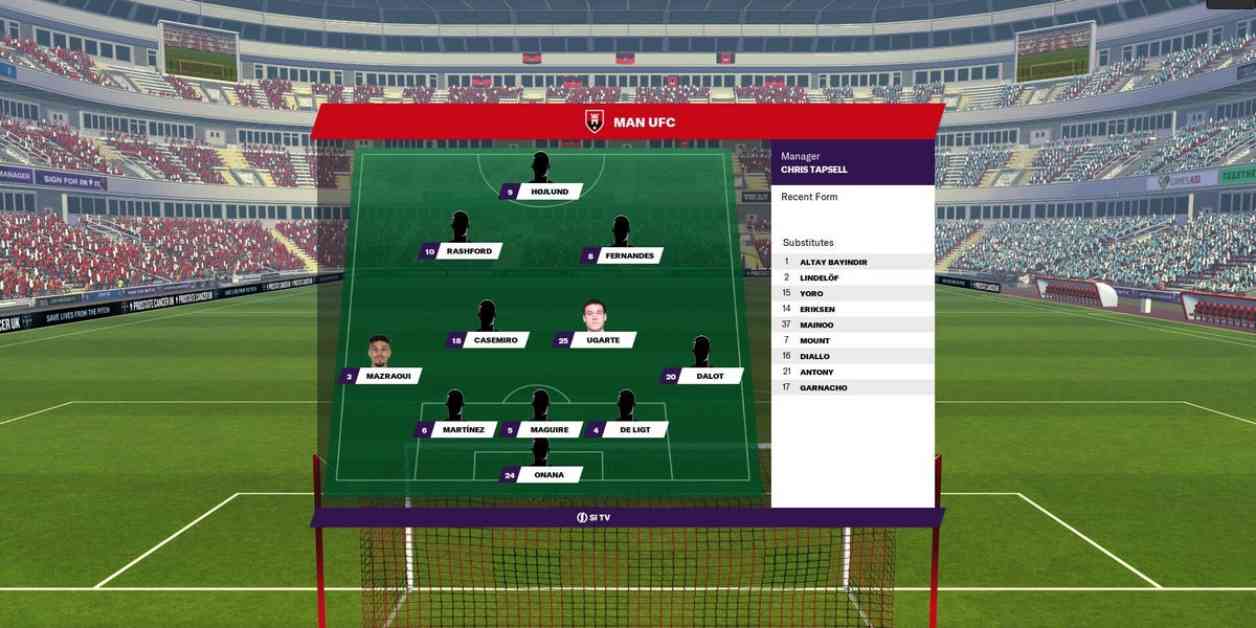I have been playing Football Manager for many years now, dedicating hundreds of hours each year to the game. As a Manchester United fan, I always choose to play as my favorite team and have had great success in my saves, including winning the quadruple and going unbeaten in the Premier League.
Recently, I decided to take on a new challenge in the game by trying to replicate Ruben Amorim’s tactics at Manchester United. Amorim, the highly regarded manager of Sporting CP, is known for his innovative 3-4-3 formation. However, translating his tactics into Football Manager proved to be quite challenging.
Through extensive research and analysis from various football tactics experts and journalists, I tried to understand how Amorim’s system works in practice. The formation, player roles, and tactical instructions all had to be carefully considered to mimic his style accurately.
In my initial attempts, I faced some setbacks, including injuries to key players and struggles to adapt to the new system. Pre-season matches provided valuable insights, but it wasn’t until I made some crucial adjustments that I started to see positive results.
By reevaluating player roles, adjusting passing styles, and focusing on adaptability, I was able to string together a series of wins and climb the league table. The key lesson learned was that Football Manager is not just about replicating real-life tactics but understanding how to make them work within the game’s mechanics.
As the season progressed, I continued to experiment with different strategies and formations to see what worked best for my virtual Manchester United team. While the results were promising in the game, the real-world implications of Amorim’s tactics at United remain uncertain.
Overall, the experience of testing Ruben Amorim’s tactics in Football Manager provided valuable insights into the complexity of football tactics and the challenges of translating real-life strategies into a virtual simulation. It was a reminder that success in the game requires adaptability, strategic thinking, and a willingness to learn from both successes and failures.





















